Question
Question: Which of the following will be readily soluble in water? A)  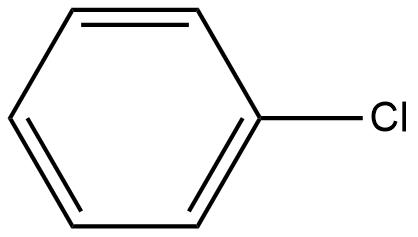
B)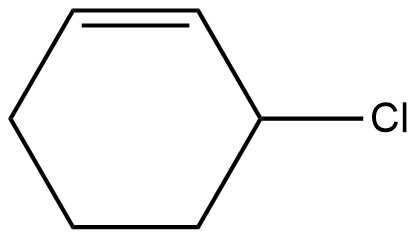
C)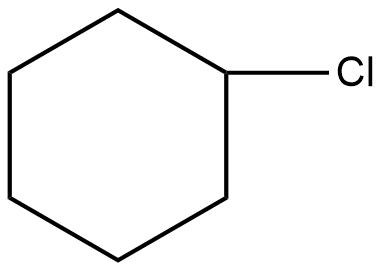
D)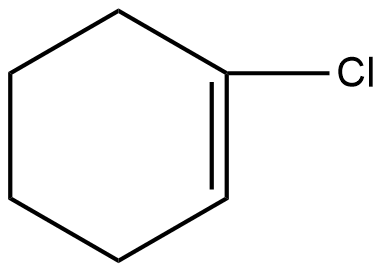
Solution
The reaction will occur through SN1 mechanism as water is a weak nucleophile. The solubility of the compound will depend on the stability of the carbocation formed during the reaction.
Complete answer:
The compound given in the option B is 3-Chloro-1-cyclohexene.
The main reason behind this is the stability of carbocation formed during the SN1 reaction.
Firstly, the substance in which we have to check the solubility is water, water is a weak nucleophile. Thus, the reaction will occur with SN1 mechanism.
Nucleophile is basically a substance that has a tendency to donate electrons. SN1 and SN2 reactions are those reactions in which one nucleophile is substituted with another.
Now, as this reaction will be of SN1 mechanism, it will be completed in two steps rather than completing in one step as SN2 mechanism.
In those two steps, the first step is the formation of carbocation and the second step is the attack of nucleophile. Now, as said above, the better the stability of the carbocation, the more solubility it has.
The stability of carbocation also depends on two factors, resonance factor and inductive factor. Now, from all the above options, only option B has a resonance effect. Thus, the stability of the compound increases.
After the formation of carbocation, the nucleophile attacks the carbocation and forms 2-cyclohexen-1-ol. The image of 3-Chloro-1-cyclohexene and 2-cyclohexen-1-ol is shown below.
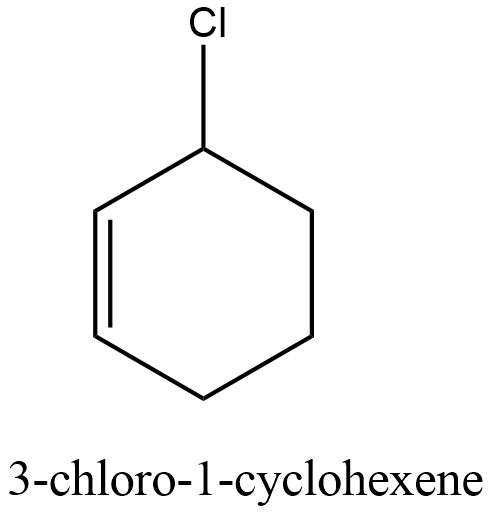
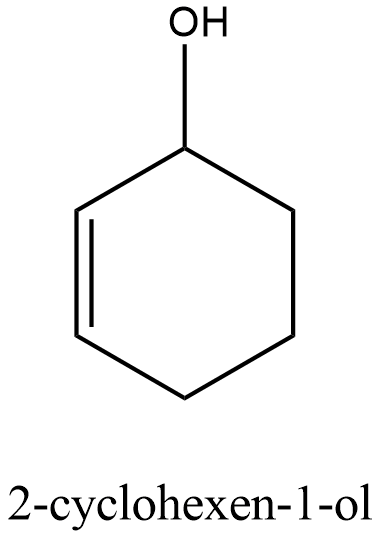
Therefore, the correct answer is option B.
Note:
The stability of the carbocation will depend upon two factors, resonance and inductivity. It is important to check every option with both of those factors.
